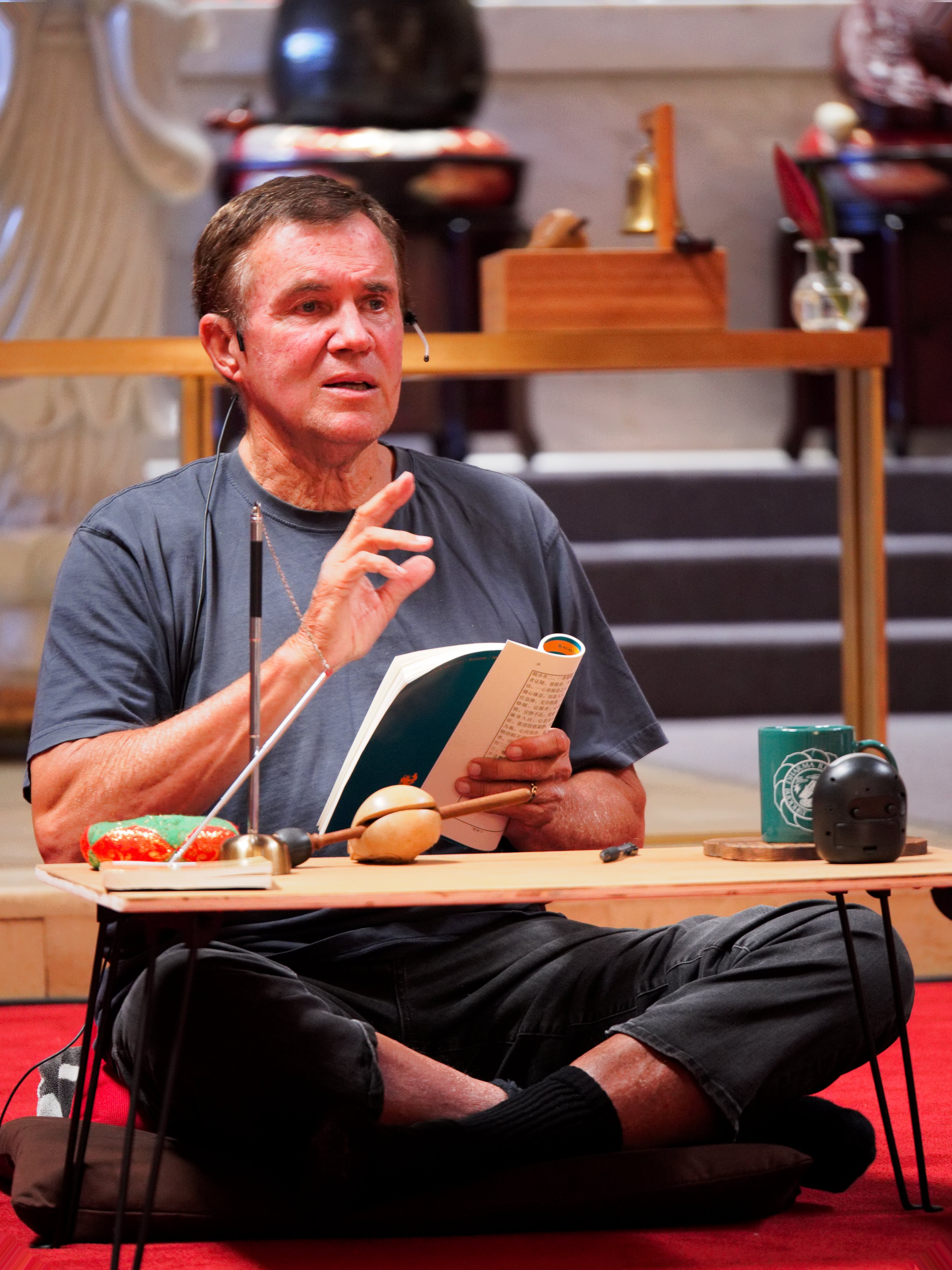
Warning: This Post Could De-territorialize Your Symbolic Construct
Emotions, thoughts and perceptions are moving through our awareness in constant flux. The symbols, structures and beliefs we use to organize and sedate this endless river of impressions and habits are provisional and temporary illusions of stability. Culture, capital and social tribes all control the symbolic possibilities and attempt to suck the energy of each conscious flow into its ideological vortex. Most go willingly along and prove the scientific determinists and postmodern vampires right in their cynical attacks on existence. The absence of individual responsibility for the quality and content of our own conscious awareness follows this double blow from the high priests of culture. That the only attack on this foolishness and childish irresponsibility comes from feudal reactionaries and self-serving oligarchical proponents of economic individualism turns absurdity into human tragedy.
The tragedy is not only the economic, political and social paralysis and abject irrationality that has befallen humanity, but also the micro-tragedy of each individual consciousness that is lost in a sea of confusion and cynicism. Wake up! Your emotions, thoughts and perceptions are yours: created within your awareness and part of your stream of consciousness. Nothing of meaning has originated outside your awareness. You are totally responsible for your interpretations, reactions, and habits of thought and emotion. Every agent of repression, authority or economic interest telling you otherwise is in it for personal power, wealth and their own sense of control in the river of conscious flux. There are just too many fools.
How to personally gain control over your seemingly hopeless situation: first recognize and watch your personal flow of emotions, thoughts and perceptions. They are yours. They are not happening to you from the outside. They are not determined by culture or childhood. You are not programmed by media or cultural symbolism and conditioning. In every moment, you choose the direction of your awareness. While your immediate likes and dislikes are conditioned from past choices and experience, the current move towards or away from a perception, thought or emotion is an existential decision—influenced, but not determined by, your past choices.
Once you make peace with your experiences (and it will have ugly, frightening, dysfunctional, and negative aspects along with rich, fulfilling, triumphant and positive ones), you can turn inward and get in touch with the “who” that is aware. This is the sense of observation that gives the river of impressions, thoughts and emotions identity and coherence. The river is both a constant flow of changing atoms and quarks, ideas and emotions, as well as a coherent flow that continues in a pattern over time. Both perspectives are provisional, unstable, changing and impermanent. Neither has any essential substance or truth, but each represents a different aspect of the conscious flow. Any metaphysical value added to this experience takes away from the directness of the experience and distorts the picture.
When we turn inward to get in touch with our awareness, we find an empty space. There is no limit to the horizon of this conscious awareness. It is everywhere. It is the only world and experience from which anything will come into being for you. There is nothing for you outside of this awareness. Even the world around you is within this awareness. When anyone else questions your awareness, they are simply territorializing you within their own experience.
Your conscious awareness is open, free, full of possibilities—unconditioned and infinitely spacious. The emotions, thoughts and perceptions that take up this awareness are always limited and conditional. This is the only dualism that exists: awareness and that which vies for its attention—which are your own emotions, thoughts and perceptions.
When we look outside or listen to the narrative of someone else, we are interpreting and representing the other in our own experience. But are we listening to the free, open, spacious awareness of the other, assuming a similar consciousness in them, or are we reacting to their emotions and expressions with our own stream of emotions, thoughts and perceptions? If we are in touch with the other, honoring and respecting their freedom, there is the possibility of a profound connection that might overcome our solipsist, narcissistic isolation. If, on the other hand, we continue to react with our habituated limitations, there is no hope. We will continue in a meaningless, impermanent flow—alone with our own junk.


